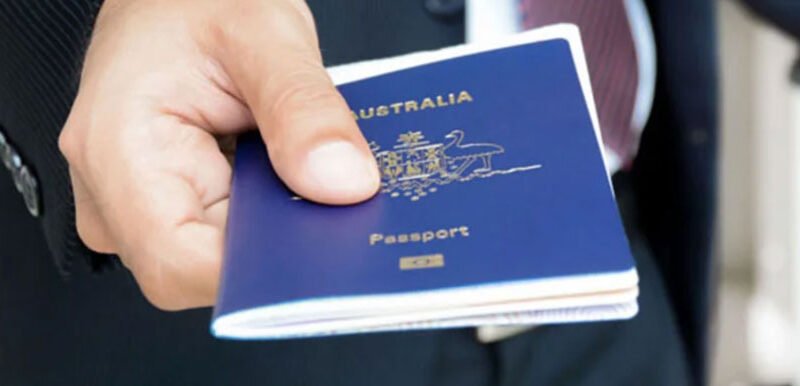Accidents at work can leave more than just physical scars—they can also throw your financial security and peace of mind into turmoil. If you’ve been injured on the job, a work injury attorney Houston says you’ll likely be offered a settlement agreement from your employer or the company’s insurance. But what happens when that settlement seems… off? Too low? Rushed? Unfair? You’re not alone, and more importantly, you’re not powerless. Here’s what to do if you’re handed a settlement offer that doesn’t sit right.
1. Don’t Sign Anything Right Away
It is tempting to accept the first offer just to move on, especially if bills are piling up. But this is exactly what some employers or insurers are counting on. Settlement agreements often contain clauses that waive your rights to any future claims, which means once you sign, there’s no going back—even if you later discover you’re entitled to more compensation. Always take your time to read and understand every word. If you feel pressured to sign quickly, consider it a red flag.
2. Assess the Full Scope of Your Damages
Workplace injuries can be deceptive. What seems like a minor injury today could lead to long-term complications, chronic pain, or even permanent disability. A fair settlement should cover immediate medical expenses, future treatment, rehabilitation, loss of income, reduced earning capacity, and pain and suffering. Ask yourself: Is this offer enough to make you whole again, both now and in the future?
3. Consider the Timing and Tactics
Sometimes, how the offer is presented is just as telling as the amount. Were you approached while still recovering? Did the offer come with vague threats about “this being the best you’ll get”? These tactics are designed to nudge you into accepting less than you deserve. Remember that you don’t have to agree to anything on the spot—and you shouldn’t.
4. Request a Detailed Breakdown
You have the right to ask questions and get clarity. If you’re handed a lump-sum figure with little to no explanation, ask for a breakdown. What portion is for medical expenses? What about lost wages or ongoing care? This not only helps you understand the offer but can also expose glaring gaps in the compensation you’re being promised. An honest offer should come with transparent documentation.
5. Document Everything
If you’re questioning the fairness of a settlement, chances are you’ll need evidence to back your concerns. Ensure you’ve kept thorough records of everything related to your injury—incident reports, medical appointments, treatment receipts, communication with your employer or HR department, and any other paperwork supporting your case. The more detailed your documentation, the stronger your position becomes.
6. Get a Second Opinion From a Legal Professional
This might be the most crucial step. Speaking with a lawyer specializing in workplace injury or workers’ compensation law can make all the difference. An expert work injury attorney Houston can assess whether the offer is fair, negotiate on your behalf, or take your case further if needed. Most importantly, they’ll look out for your best interest, not the company’s bottom line.
7. Know Your Rights
Every worker has rights, but not everyone is aware of them. Depending on your country or state, you may have the right to continued medical treatment, wage replacement benefits, or protection from retaliation. A settlement might cause you to forfeit some of these rights unknowingly. Before you agree to anything, ensure you understand your rights and entitlements under the law.
8. Trust Your Gut
You don’t need a law degree to know when something feels wrong. If the offer feels rushed, incomplete, or unfair, that’s a valid reason to pause and dig deeper. Remember, your health, income, and future are at stake; you can ask for more.
Conclusion
When you’re recovering from a job-related injury, the last thing you should have to worry about is whether you’re being treated fairly. But sadly, unfair settlement offers are all too common. If you face one, take a breath, step back, and get informed. You don’t have to go through this alone. Consulting with a qualified workplace injury lawyer can provide you with the clarity, confidence, and legal backing to ensure you’re not shortchanged. Because after an accident, you deserve support, not a raw deal.










